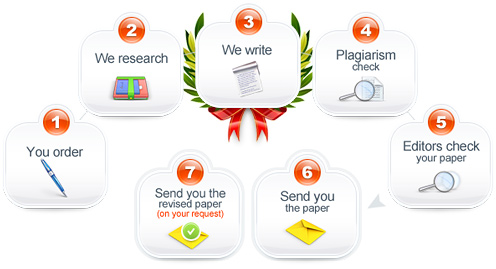Medication Reconciliation Assignment Worksheet
Student Name:
Date of Assignment:
(For the student to achieve the maximum benefit of this assignment is it strongly suggested that the
client that the nursing student selects for this exercise is not a parent but rather an older adult relative
or an acquaintance/friend. It is imperative that the client be older than 65 years old. Select an older
adult that has more than 4 prescription medications).
Client: Anonymous
Age:
Gender:
Past Medical History: (please use medical terminology and avoid abbreviations)
Past Surgical History: Please provide proper medical terminology and year for surgical procedure, to the best of your ability.

Also indicate the side of the body that was operated on.
As you move forward in the assignment, determine which medications align with a specific medical
diagnosis.
Allergies:
Step 1) Compile the Medication List: Feel free to delete or add boxes below so that you can record
the medication list.
Medication Name (include
trade and generic names)
Classification of Medication
Dose /
Route
Please
indicate
number
of tablets
and full
dosage in
clear
terms
Frequenc
y
Please
indicate
frequency
but
include
the time
of the
day. For
ex. daily
could be
am,
lunch,
dinner,
bedtime.
Is med
expired
?
Reason for taking med
(state in client’s own
words)
Adherence to
prescribed
medication
Yes/No
If No, Indicate Why
Not?
2
Be
specific
Step 2) Prepare a Health and Literacy Assessment: In the space below, write a narrative summary (one
or two paragraphs) of the client’s ability to manage their medications. Be sure to discuss any special
monitoring that may be necessary (e.g. lab tests). For each medication, indicate the lab work warranted
to monitor the medication usage. For ex. Levothyroxine should have TSH, T3 and T4 blood work drawn
every 6 months to 1 year. Assess the client’s ability to open bottles, read labels, and organize dosing.
Look up a Mini Mental Status Exam tool and review the components. An abbreviated version of this tool
is the mini –cog assessment. Look up how to conduct a mini cog and use this with your patient to assess
their cognition. Provide a score with the mini cog and comment as to whether cognition appears intact
according to the tool results, or you are recommending a cognitive assessment with the PCP.
3
Step 3) Does the client have any questions about their medications? If so, indicate below.
If the patient does not have any questions, you should ask the caregiver for any concerns or questions if
a caregiver is involved.
Step 4) In one paragraph, summarize your findings and make recommendations about potential
nursing diagnoses and interventions
Medication Reconciliation Worksheet Related posts:
- Week 3 Assignment: Problem/PICOT/Evidence Search (PPE) Worksheet (graded). All work needs to be completed on the attached worksheet
- Choose a medication type from the following list, note why the medication is used, and consider adverse effects. Invent a scenario where giving this medication could result in an ethical or legally charged situation
- What is required of the RN in administering medication in relation to knowledge, skills and medication administration policies?
- Newspaper report of the Sydney grandmother who died following a medication error where an Registered Nurse incorrectly administered medication via intravenous therapy
- Analyse the newspaper report of the Sydney grandmother who died following a medication error where an Registered Nurse incorrectly administered medication via intravenous therapy
- Reflection essay (case study)Undertake a thorough history, including medication history and current medication (including over-the-counter, alternative and complementary health therapies) to inform diagnosis
- Grand Canyon NURSING HLT362V Week 5 Worksheet
- Databases Worksheet, health and medicine homework help
- Correlation/Regression and Chi Square Excel Worksheet
- How The Concept Of “Health” Has Changed Overtime
- Risk Management Plan

